
0
+
Google Reviews

0
+
4.4 (2094 Ratings)
HP QuickTest Professional (QTP), an automated functional testing tool that helps testers to perform automated regression testing in order to identify any gaps, errors/defects in contrary to the actual/desired results of the application under test. Radical Technologies will give you an in-depth understanding on HP QuickTest Professional, its way of usage, record and play back of tests, object repository, actions, checkpoints, sync points, debugging, test results etc. and other related terminologies.


Curriculum Designed by Experts
Review of Using QTP/UFT
Data Tables
Transaction Points
Object Identification in QTP/UFT
Check Points
Actions
Parameterization
Regular Expressions
Descriptive Programming (DP)
Exception Handling
Results Viewer
User Defined Functions
Data Tables Object
Database Connectivity
Automation Object Model
Automation Frameworks
Requirements
Test Plan
Test Lab
Defects
Enroll in QTP QC Course Training to gain in-demand skills in test automation. This certification enhances your expertise in Quality Center and Quick Test Professional, making you job-ready in the software testing domain. Stay ahead in your career with QTP QC Course Certification!
Unlock career opportunities with QTP QC Course Training! Enhance your skills in automation testing with Quick Test Professional and Quality Center. Gain the expertise needed to excel in top software testing roles. Enroll today for the QTP QC Course Certification and boost your career!
Embrace Cloud Adoption with QTP QC Course Training! Learn how to integrate Quality Center and Quick Test Professional in cloud environments. This training enhances your automation skills, preparing you for modern software testing needs. Enroll in QTP QC Course Certification for future-ready expertise!
Enhance scalability and flexibility with QTP QC Course Training. Learn to efficiently scale test automation and adapt to varying project requirements using Quick Test Professional and Quality Center. Enroll in QTP QC Course Certification to strengthen your testing skills and boost career growth!
Learn effective cost management with QTP QC Course Training. Master Quick Test Professional and Quality Center to optimize testing processes while keeping costs under control. Enroll in QTP QC Course Certification to gain skills that improve your efficiency and help manage project budgets effectively!
Ensure security and compliance in your testing processes with QTP QC Course Training. Learn to safeguard your test data and meet industry standards using Quick Test Professional and Quality Center. Enroll in QTP QC Course Certification to enhance your security skills and stay compliant in testing!
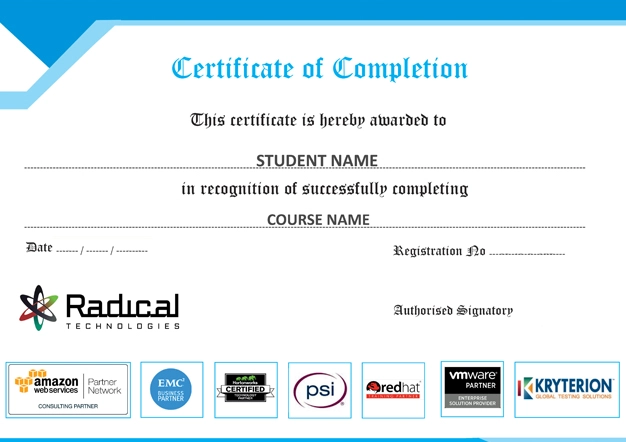


At Radical Technologies, we are committed to your success beyond the classroom. Our 100% Job Assistance program ensures that you are not only equipped with industry-relevant skills but also guided through the job placement process. With personalized resume building, interview preparation, and access to our extensive network of hiring partners, we help you take the next step confidently into your IT career. Join us and let your journey to a successful future begin with the right support.
At Radical Technologies, we ensure you’re ready to shine in any interview. Our comprehensive Interview Preparation program includes mock interviews, expert feedback, and tailored coaching sessions to build your confidence. Learn how to effectively communicate your skills, handle technical questions, and make a lasting impression on potential employers. With our guidance, you’ll walk into your interviews prepared and poised for success.
At Radical Technologies, we believe that a strong professional profile is key to standing out in the competitive IT industry. Our Profile Building services are designed to highlight your unique skills and experiences, crafting a resume and LinkedIn profile that resonate with employers. From tailored advice on showcasing your strengths to tips on optimizing your online presence, we provide the tools you need to make a lasting impression. Let us help you build a profile that opens doors to your dream career.

Infrastructure Provisioning
Implementing automated infrastructure provisioning and configuration management using Ansible. This may include setting up servers, networking devices, and other infrastructure components using playbooks and roles.

Applications Deployment
Automating the deployment and orchestration of applications across development, testing, and production environments. This could involve deploying web servers, databases. middleware, and other application components using Ansible

Continuous Integration
Integrating Ansible into CI/CD pipelines to automate software. build, test, and deployment processes. This may include automating the creation of build artifacts, running tests, and deploying applications to various environments.

The QTP QC Course in Bengaluru at Radical Technologies was comprehensive and well-structured. The hands-on labs helped me gain real-time experience in automation testing.
I highly recommend Radical Technologies for its detailed QTP QC Classes in Bengaluru. The instructors were knowledgeable and supportive throughout the training.
The QTP QC Institute in Bengaluru offers industry-relevant training that helped me clear my certification exam and land a new job as a software tester.
Enrolling in the QTP QC Training in Bengaluru at Radical Technologies was the best decision for advancing my testing skills. The curriculum was well-balanced between theory and practice.
I completed my QTP QC Certification in Bengaluru from Radical Technologies. The trainers ensured I was fully prepared for real-world automation challenges.
Radical Technologies’ QTP QC Corporate Training in Bengaluru helped my entire team enhance our automation testing skills. The corporate trainers were excellent at delivering practical insights.
The QTP QC Online Training in Bengaluru provided me with flexible learning options. The recorded sessions and live Q&A made it easy to study at my own pace.
I was impressed with the depth of the QTP QC Online Course in Bengaluru. The real-time projects were incredibly beneficial for applying what I learned.
The QTP QC Online Certification in Bengaluru from Radical Technologies boosted my resume and helped me land an automation testing job within weeks.
The QTP QC Online Classes in Bengaluru were interactive, and the trainers were always available to clarify doubts. Highly recommend Radical Technologies for anyone interested in software testing.
I had a great experience with the QTP QC Course in Bengaluru. The trainers provided one-on-one attention and personalized feedback on my assignments.
The QTP QC Institute in Bengaluru stands out for its well-organized course material and mock interview sessions that helped me ace my job interview.
Radical Technologies' QTP QC Training in Bengaluru provided an in-depth understanding of object repositories and data-driven testing, which is crucial in automation testing.
The QTP QC Online Course in Bengaluru was highly flexible and allowed me to balance my learning with work. The live sessions were informative and easy to follow.
I completed the QTP QC Online Certification in Bengaluru and appreciated the practical training that focused on real-world projects. It gave me the confidence to handle real-time testing scenarios.
The QTP QC Classes in Bengaluru provided the right mix of theoretical concepts and hands-on practice. The labs were well-equipped for automation practice.
Thanks to Radical Technologies, I feel confident using automation tools after completing the QTP QC Training in Bengaluru. Their placement support was also top-notch.
The QTP QC Institute in Bengaluru provided expert trainers who explained complex concepts in simple terms. The practice sessions were very engaging.
I took the QTP QC Corporate Training in Bengaluru through my company, and the trainers delivered customized content that met our project needs.
The QTP QC Online Classes in Bengaluru were highly engaging. I appreciated the interactive environment and quick resolution of doubts by the trainers.
After completing the QTP QC Course in Bengaluru, I was able to clear interviews at top MNCs with ease. The mock tests and interview prep were especially helpful.
I enrolled in the QTP QC Online Training in Bengaluru and was impressed by the depth of knowledge shared by the trainers. The course material was easy to understand and well-organized.
Radical Technologies' QTP QC Classes in Bengaluru are perfect for beginners and experienced testers alike. The trainers are highly experienced and approachable.
Completing the QTP QC Certification in Bengaluru helped me gain hands-on experience with automation tools, making me more confident in my testing career.
The QTP QC Institute in Bengaluru provided an excellent learning environment. Their placement support helped me secure a role in a leading IT company shortly after my course.







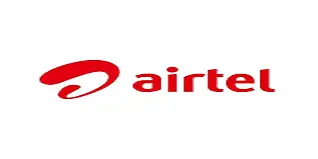
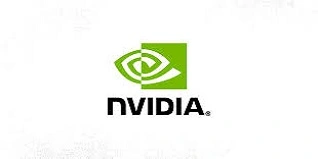
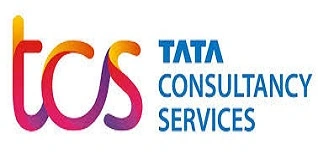

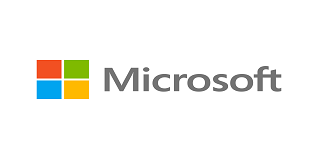
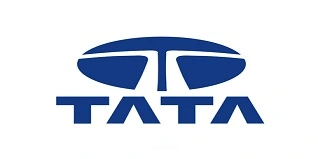

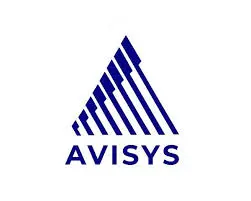
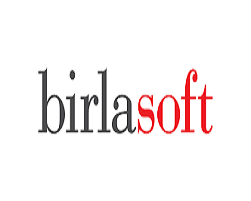
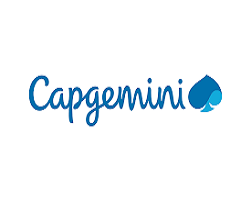

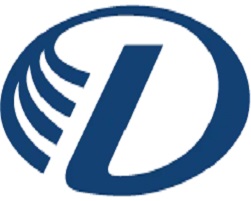
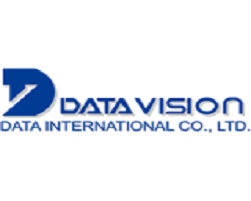
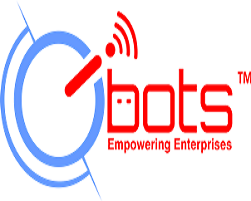
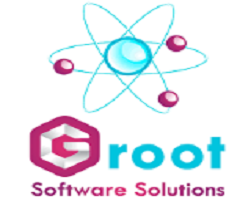
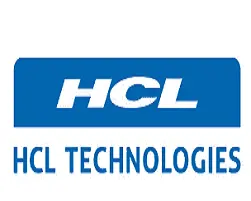
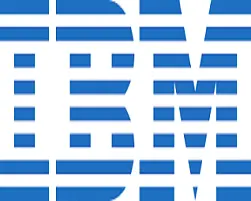
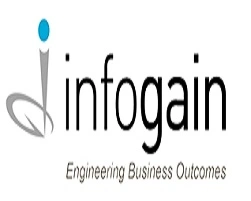
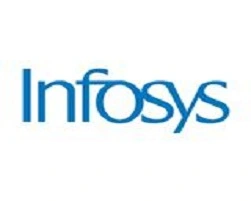
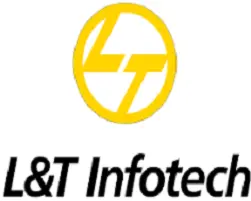
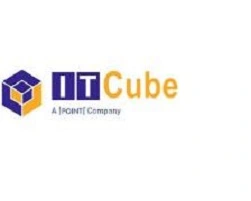
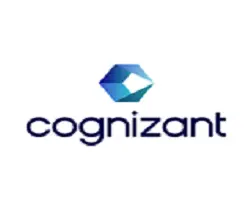
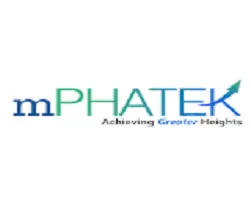
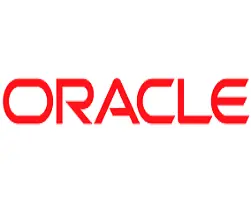
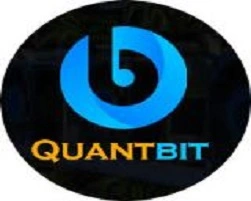
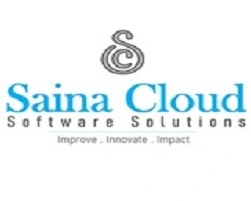
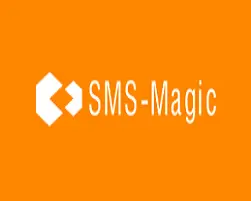



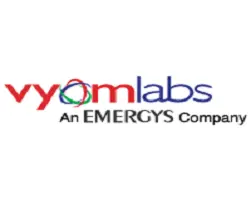
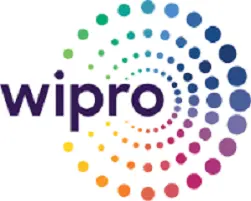
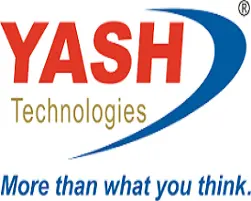
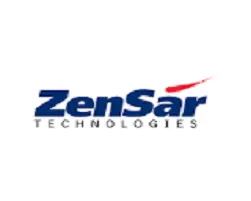
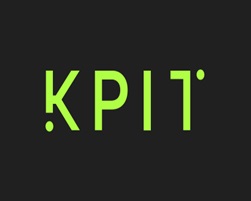
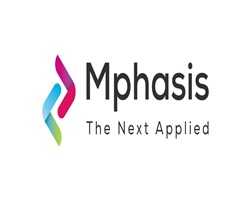
QTP (QuickTest Professional) was the original name of the tool, which has now evolved into UFT (Unified Functional Testing). UFT supports both GUI and API testing, whereas QTP primarily focused on functional and regression testing for GUI applications.
QC (now called ALM – Application Lifecycle Management) is a test management tool that helps in planning, tracking, and managing test cases, test execution, and defects across the software development lifecycle.
QTP uses an object recognition mechanism that identifies objects based on their properties stored in an object repository. It compares these properties with the objects in the application during execution.
QTP provides two types of object repositories:
Data-driven testing is a method where test cases are executed with multiple sets of data to cover different scenarios. QTP can connect to external data sources like Excel files, databases, or text files for this purpose.
QC allows users to define and manage software requirements. It links these requirements to test cases, ensuring that all functionalities are covered by tests and enabling traceability between defects and requirements.
QTP integrates with QC to store, execute, and manage automated test scripts directly within QC. Test results from QTP are sent to QC, and defects can be logged automatically for failed test cases.
Checkpoints in QTP are used to compare the expected and actual results during test execution. They help validate application behavior for objects, text, images, tables, and more.
The Test Lab module in QC is where test cases are executed. Users can schedule and run manual or automated tests, monitor progress, and analyze results from this centralized location.
QC has a built-in defect management system that allows users to log, track, and prioritize defects. It provides options to link defects to test cases and requirements, facilitating faster resolution.
The keyword-driven framework is a testing approach where test cases are created using keywords representing actions. It separates test logic from scripts, making automation easier for non-technical users.
Yes, QTP can handle dynamic objects by using descriptive programming or parameterizing object properties to identify objects based on changing attributes at runtime.
QC provides real-time dashboards and customizable reports for test execution status, defect metrics, and requirement coverage. These reports help stakeholders monitor project quality and progress.
QC offers version control to track changes to test assets over time. It maintains historical versions of test cases, scripts, and requirements, enabling rollbacks and comparisons.
Some best practices include:
Basavanagudi | HSR Layout | Sadashivanagar | Jayanagar | Koramangala | Whitefield | Banashankari | Marathahalli | BTM Layout | Electronic City | Rajajinagar | Domlur | Indiranagar | Malleshwaram | Yelahanka | Cooke Town | Nagarbhavi | Bannerghatta Road | Chandapura | Dasarahalli | Devanahalli | Anandnagar | Avenue Road | Byatarayanapura
I had an amazing experience with this service. The team was incredibly supportive and attentive to my needs. The quality of the work exceeded my expectations. I would highly recommend this to anyone looking for reliable and professional service."
I had an amazing experience with this service. The team was incredibly supportive and attentive to my needs. The quality of the work exceeded my expectations. I would highly recommend this to anyone looking for reliable and professional service."
I had an amazing experience with this service. The team was incredibly supportive and attentive to my needs. The quality of the work exceeded my expectations. I would highly recommend this to anyone looking for reliable and professional service."
I had an amazing experience with this service. The team was incredibly supportive and attentive to my needs. The quality of the work exceeded my expectations. I would highly recommend this to anyone looking for reliable and professional service."
I had an amazing experience with this service. The team was incredibly supportive and attentive to my needs. The quality of the work exceeded my expectations. I would highly recommend this to anyone looking for reliable and professional service."
In the ever-evolving world of software testing, automation and effective test management are essential to delivering high-quality applications on time. QTP (QuickTest Professional), now known as Micro Focus UFT (Unified Functional Testing), and QC (Quality Center), renamed as ALM (Application Lifecycle Management), are two powerful tools that help testers automate functional tests and manage test lifecycles seamlessly.
This guide explores their features, benefits, and best practices for implementation.
QTP Overview:
QTP is an automated functional and regression testing tool that supports a variety of software applications and environments. It uses a VBScript-based scripting language to simulate user interactions and validate application behavior. QTP is especially popular due to its robust object recognition, support for keyword-driven testing, and data-driven test creation.
Key Features of QTP:
Benefits of Using QTP:
QC Overview:
Quality Center (now Micro Focus ALM) is a test management tool designed to manage the entire software testing lifecycle, from requirements planning to defect tracking. It provides a centralized platform for teams to collaborate, store test assets, and monitor test execution.
Key Features of QC:
Benefits of Using QC:
When QTP is integrated with QC/ALM, they provide a unified platform for test automation and management. The integration offers several advantages:
QTP (QuickTest Professional), now known as UFT (Unified Functional Testing), and QC (Quality Center), also called ALM (Application Lifecycle Management), are essential tools in the software testing lifecycle. They are widely used across industries for automation testing, test management, and quality assurance. Here is a detailed look at their applications across various domains and stages of software testing.
Radical Technologies is the leading institute for QTP QC Course in Bengaluru, providing top-quality training for individuals and corporate professionals. With a team of industry-experienced trainers, we deliver comprehensive learning solutions tailored to meet the evolving needs of the automation testing industry.
Our QTP QC Institute in Bengaluru is renowned for its hands-on training approach, which combines theoretical knowledge with real-world project exposure. We offer both classroom-based and online training programs to cater to the diverse learning preferences of our students.
For those looking to gain certification, we provide a well-structured QTP QC Certification in Bengaluru program designed to help students and professionals ace their exams with ease. Our QTP QC Classes in Bengaluru cover all essential concepts, including object repositories, checkpoints, data-driven testing, integration with Quality Center, and more.
Radical Technologies is also a top choice for QTP QC Corporate Training in Bengaluru. We offer customized training solutions for organizations looking to upskill their teams in automation testing. Our corporate training programs are designed to be interactive and project-focused, ensuring that participants gain practical, job-ready skills.
We also offer flexible QTP QC Online Training in Bengaluru, enabling students and working professionals to learn from the comfort of their homes. Our QTP QC Online Course in Bengaluru includes live instructor-led sessions, recorded classes, real-time project guidance, and doubt resolution sessions. Upon course completion, participants can pursue a QTP QC Online Certification in Bengaluru to enhance their career prospects.
At Radical Technologies, we are committed to providing the best QTP QC Training in Bengaluru to help our students build successful careers in software testing. Whether you are a beginner or an experienced professional, our courses are designed to meet your learning objectives and prepare you for real-world challenges.


(Our Team will call you to discuss the Fees)

(Our Team will call you to discuss the Fees)
